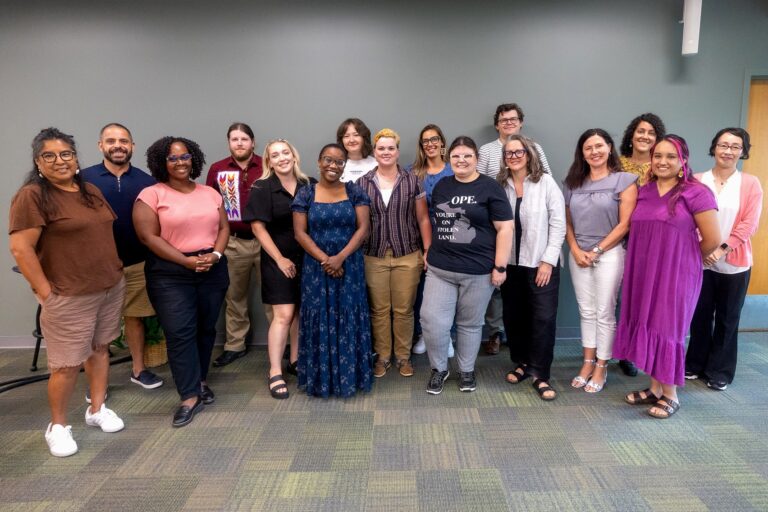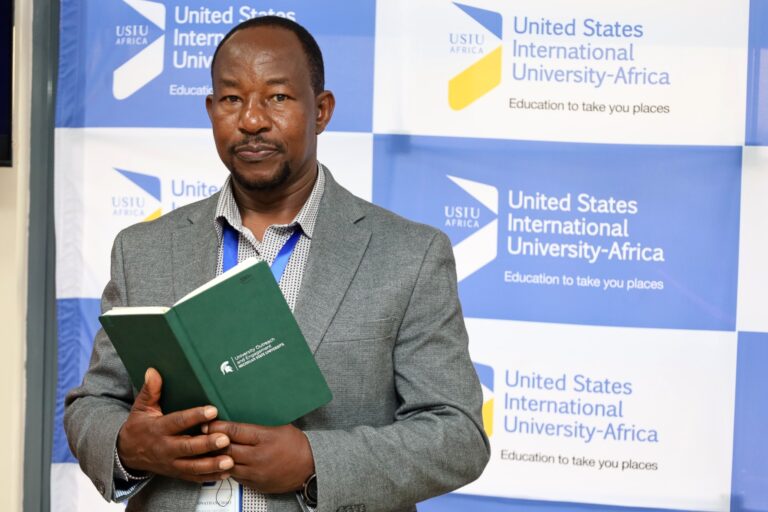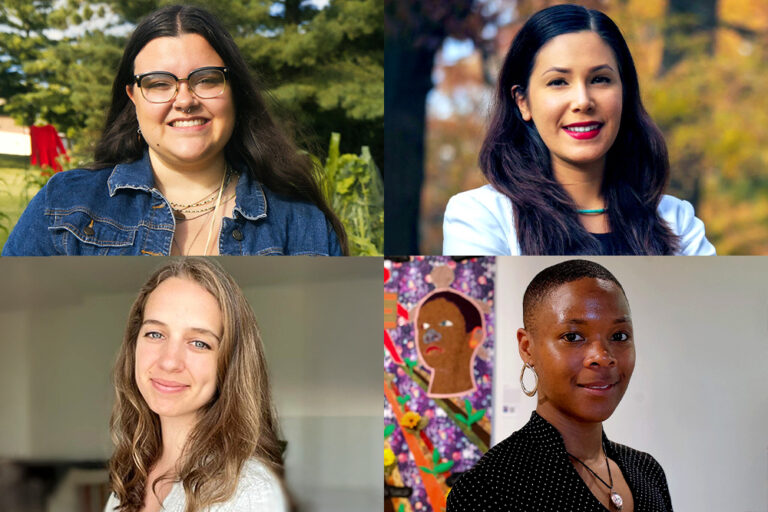Shannon Donnally Quinn, Associate Professor of Russian in the Department of Linguistics, Languages, and Cultures at Michigan State University, traveled to Tashkent, the capital of Uzbekistan, this summer to teach in a collaborative program between the Tashkent Institute of Irrigation and Agricultural Mechanization Engineers (TIIAME) and Michigan State University’s English Language Center. This initiative, titled Professional English for Water Resource Management Specialists, was sponsored by the U.S. Department of State.
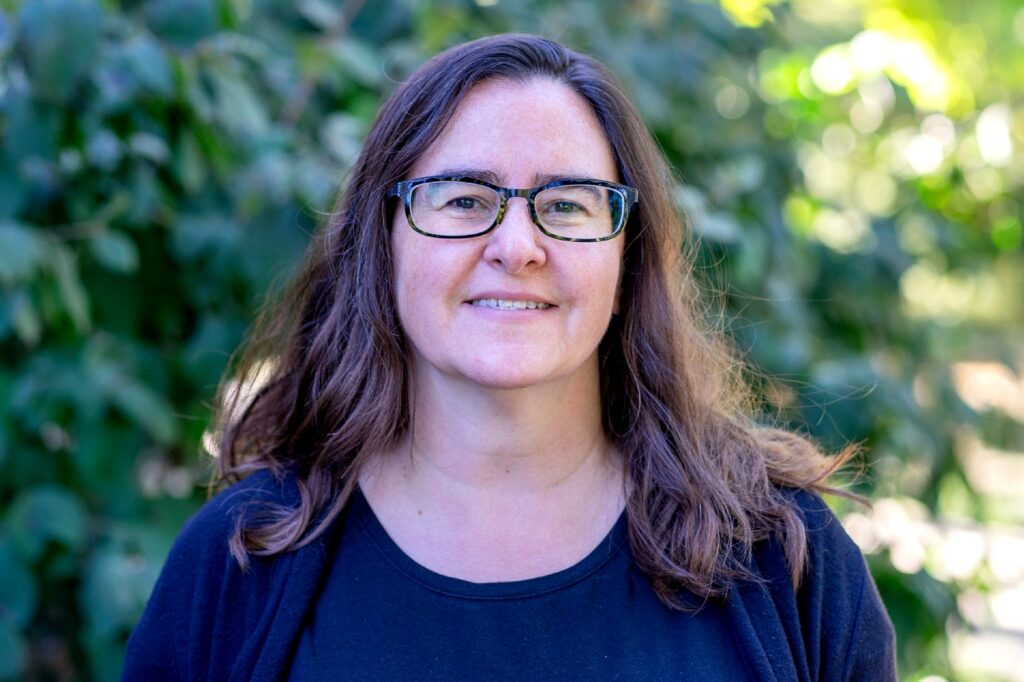
The program brought together professors and graduate students from TIIAME for an intensive six-day training designed to enhance their English proficiency in the context of hydrology and water resource management, as well as to strengthen their academic writing and speaking skills. Participants engaged in activities such as drafting conference proposals, exploring international hydrology conferences, and practicing professional networking through a mock academic conference.
As part of the program, Quinn taught the participants English.
“I’m used to teaching Russian instead of English, but the method of teaching is the same. And, in both cases, I get the privilege of learning from the people that I’m talking with,” Quinn said. “I really enjoyed learning about Uzbekistan from the participants in the program, and I also got to learn a little about their area of expertise, water management.”





The trip also gave Quinn the opportunity to collect materials for a potential new chapter for the open educational resource (OER) she developed along with colleague, Anna Tumarkin, Russian Language Program Director at the University of Wisconsin-Madison, that shifts the focus from Russia to the many diverse cultures and communities that speak Russian around the world.
The OER, “Diverse Russian: A Multicultural Exploration,” highlights the Russian-speaking populations of Ukraine, Kazakhstan, Georgia, the Baltic states, and even Russian-speaking communities in the United States, offering students a richer, more complex understanding of the language and the people who speak it. The OER launched in August 2024 and was supported by the Less Commonly Taught and Indigenous Languages Partnership and funded by the Andrew W. Mellon Foundation.
The new chapter that Quinn collected materials for will be on Uzbekistan, which she hopes to add to the OER sometime in the next few years.

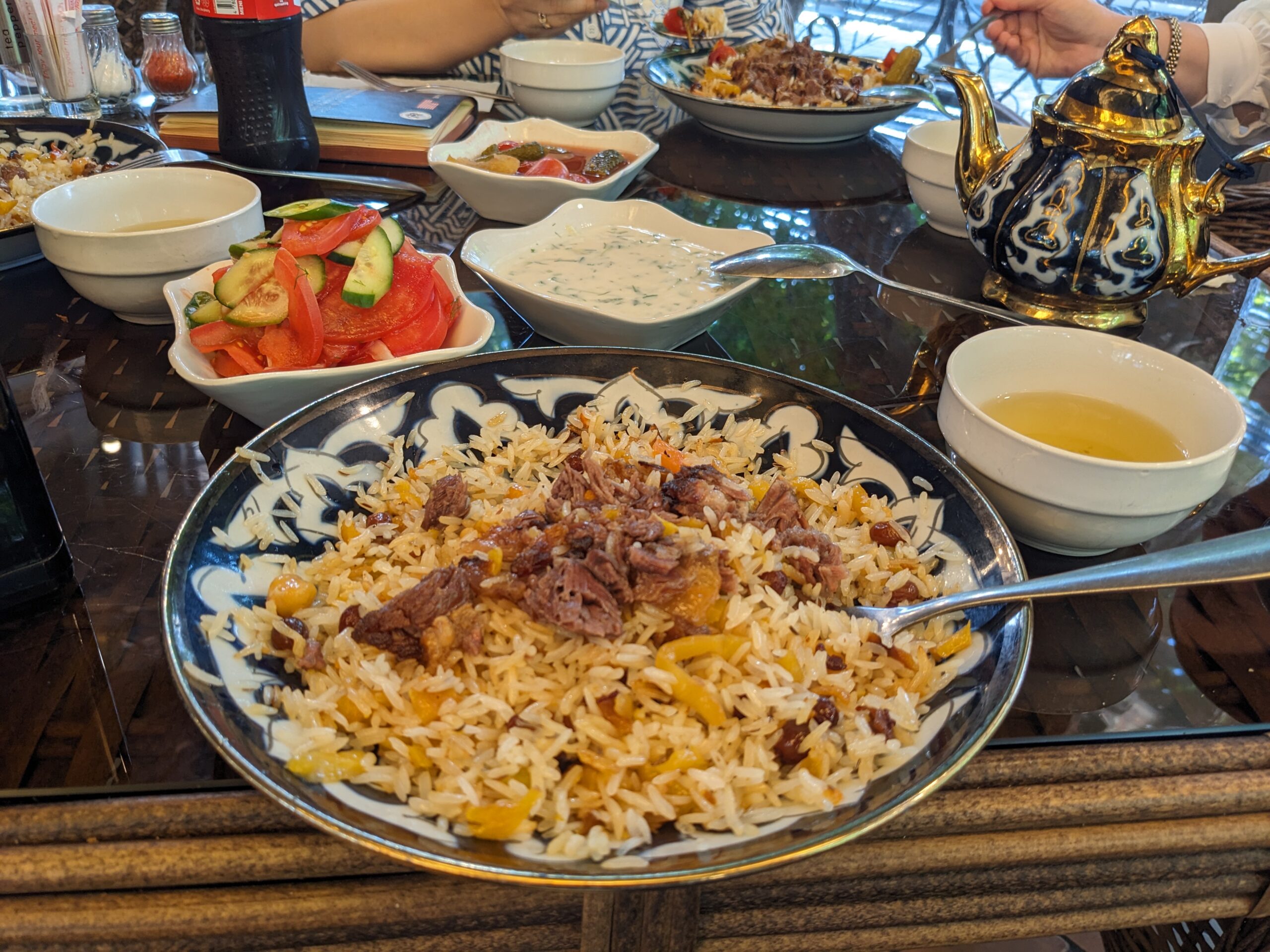

“While most people speak Uzbek as their native language there, many people speak Russian as a second language, and so it is a place that it is great for students of Russian to learn about,” Quinn said.
Currently, Quinn is working on a different new chapter for the OER on the Central Asian country of Kyrgyzstan and hopes to have that chapter published in the early fall 2025. So, when she eventually adds the chapter about Uzbekistan, there will be three chapters on Central Asia, including Kazakhstan, which is already a chapter in the book.
During her travels to Uzbekistan, Quinn not only explored Tashkent, she also visited the ancient city of Samarkand, which is renowned for its mosaic architecture dating back to the 11th-14th centuries.
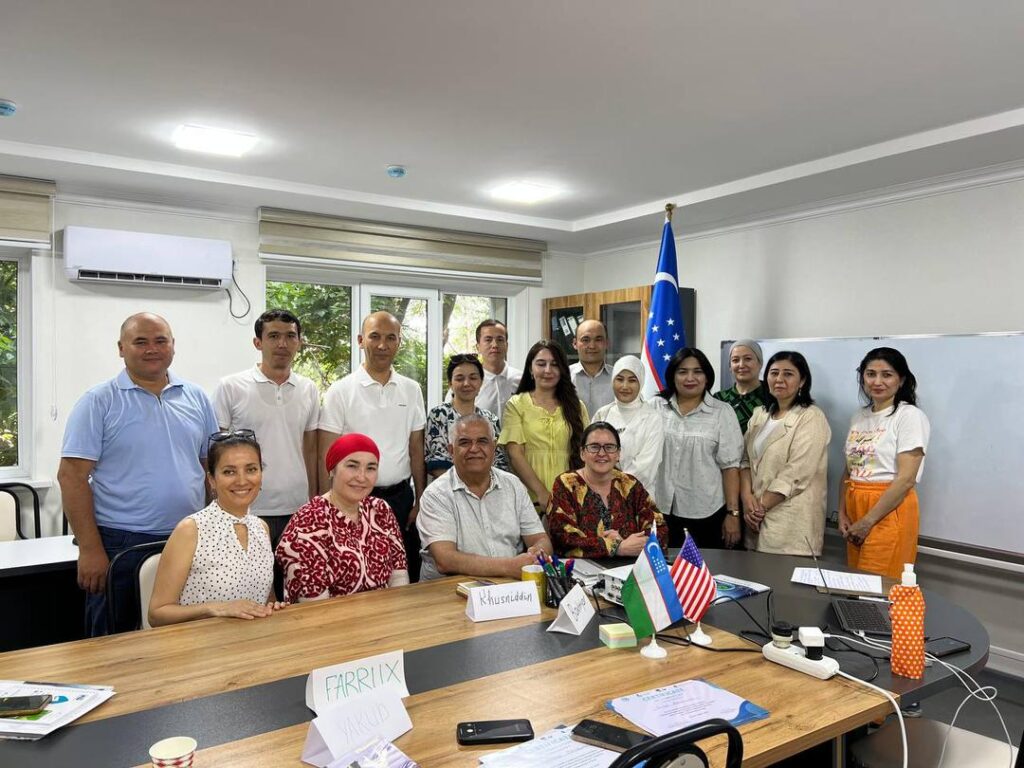
Quinn hopes her experience in Uzbekistan will help foster further collaboration between MSU and academic partners in Central Asia.
To learn more about Quinn’s work on the OER, “Diverse Russian: A Multicultural Exploration,” see the article “Professor Works to Expand Horizons in Russian Language Learning with New Online Resource” that was published by the College of Arts & Letters in October 2024.
By Kim Popiolek
